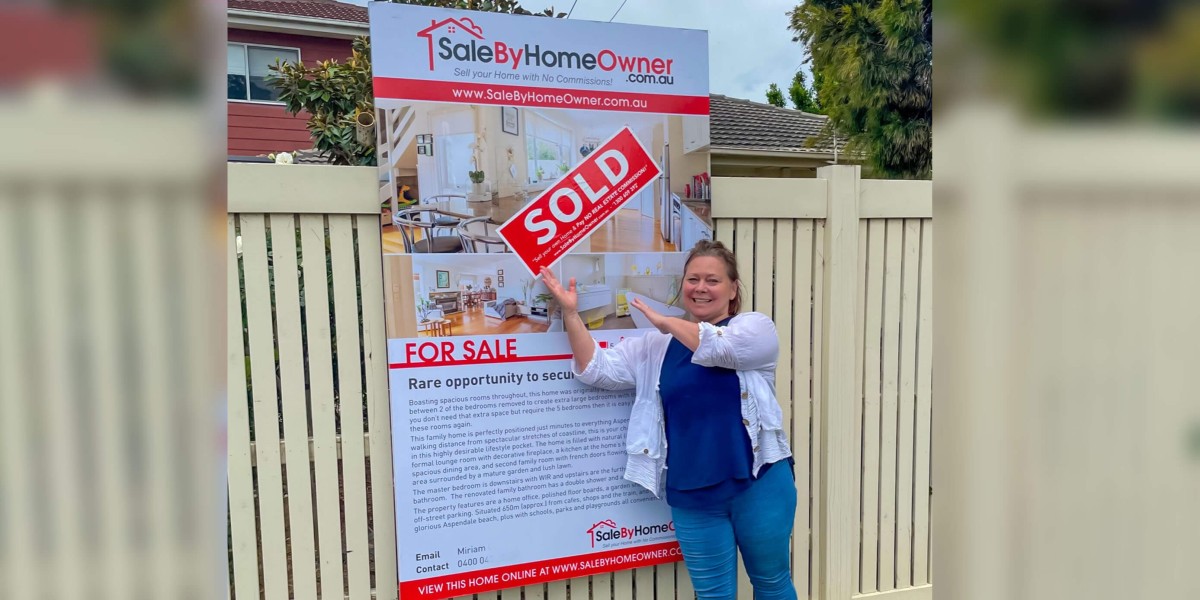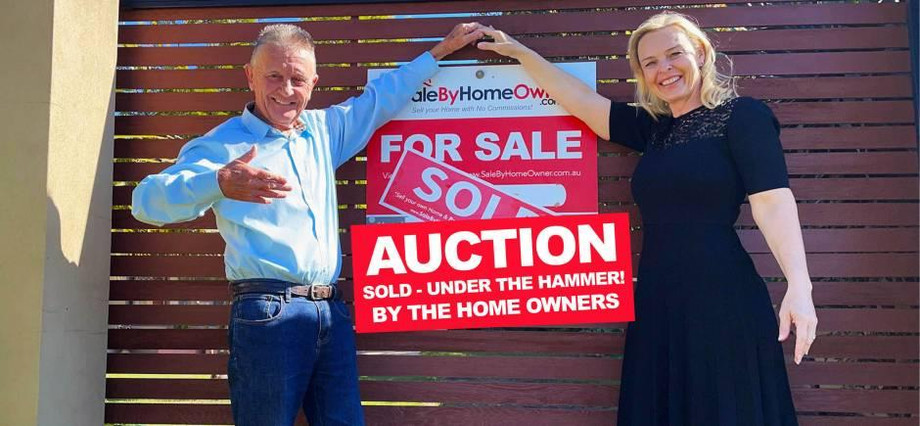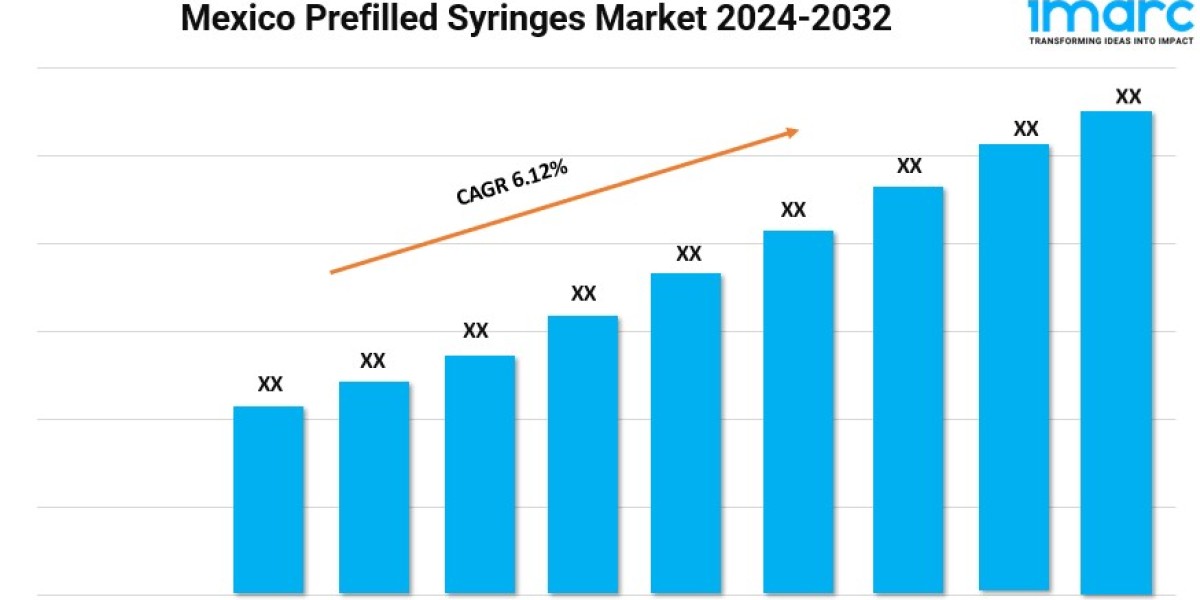When it comes to selling land for development, zoning regulations play a pivotal role. They can significantly impact the value, appeal, and potential of a property. At Sale by Home Owner Australia, we understand that zoning laws can sometimes be complex, but having a clear understanding of them is crucial to ensure a successful sale. If you’re wondering how to sell land for development effectively, knowing how zoning regulations fit into the equation is a key first step.
1. What Are Zoning Regulations?
Zoning regulations are local laws that dictate how a particular piece of land can be used. These laws separate land into different categories or zones, such as residential, commercial, agricultural, or industrial. Each zone has its own set of rules about the types of development that can take place, such as the type of buildings allowed, the density of the structures, and how land can be subdivided or used.
When selling land for development, it’s important to understand the specific zoning designation of your property. For example, land zoned for residential use may not be suitable for a commercial development, which could limit your pool of potential buyers.
2. How Zoning Affects Land Value
Zoning regulations can either enhance or detract from the value of the land. If your land is zoned for high-density residential development or mixed-use commercial purposes, it is likely to attract developers looking to maximize their investment. However, if the land is zoned for agricultural or recreational purposes, its potential for development may be restricted, lowering its appeal to developers.
At Sale by Home Owner Australia, we recommend that you work closely with a zoning expert or real estate agent familiar with land sales to assess the current zoning and determine its impact on the property’s market value. Having this information will help you set a competitive price and target the right buyers.
3. Zoning and Potential Buyers
When selling land for development, understanding zoning is crucial to knowing who your potential buyers are. Developers often look for land that offers flexibility in its use. If the land is zoned for a specific type of development, it may only appeal to a narrow group of developers or investors. If there are opportunities to rezone the land or if the land is located in an area with future zoning changes, the right buyer might see the long-term potential and be willing to pay a premium.
It's important to communicate the zoning information clearly in your listing with Sale by Home Owner Australia. Highlight any potential for rezoning or changes in zoning laws, as well as any local government plans for the area. This can make your property more appealing to buyers who are considering long-term development plans.
4. Rezoning and Land Development Opportunities
Rezoning is a key factor that can impact the sale of land for development. Developers often seek out land that has the potential to be rezoned to accommodate their specific needs. For example, agricultural land may be rezoned to residential or commercial use, depending on the demand and local government policies. If rezoning is a possibility for your land, be sure to highlight this potential in your sales materials, as it could increase interest from developers.
However, it’s important to note that rezoning is a complex and often lengthy process. Buyers may need to obtain approval from local authorities, which can delay the development process. As a seller, it’s essential to be transparent about the zoning status and any potential barriers to development.
5. The Role of Local Authorities
Local authorities and planning commissions have the final say on zoning regulations and development approvals. Developers will often engage with these authorities early in their planning process to understand what is permissible on the land. Understanding the relationship between your land’s zoning and the local government's development plans is essential for both buyers and sellers.
By offering detailed zoning information through Sale by Home Owner Australia, you can attract serious developers who are ready to move forward with their plans. Keeping track of any zoning changes in the area can also help you better market your land to potential buyers.
Conclusion
Zoning regulations play a critical role in how to sell land for development effectively. By understanding the zoning of your property, communicating its potential, and working with the right professionals, you can maximize its value and appeal to the right buyers. At Sale by Home Owner Australia, we provide a platform that helps sellers navigate the complexities of zoning regulations and connects them with interested developers. With the right information and strategy, you can ensure a smooth and profitable land sale.





